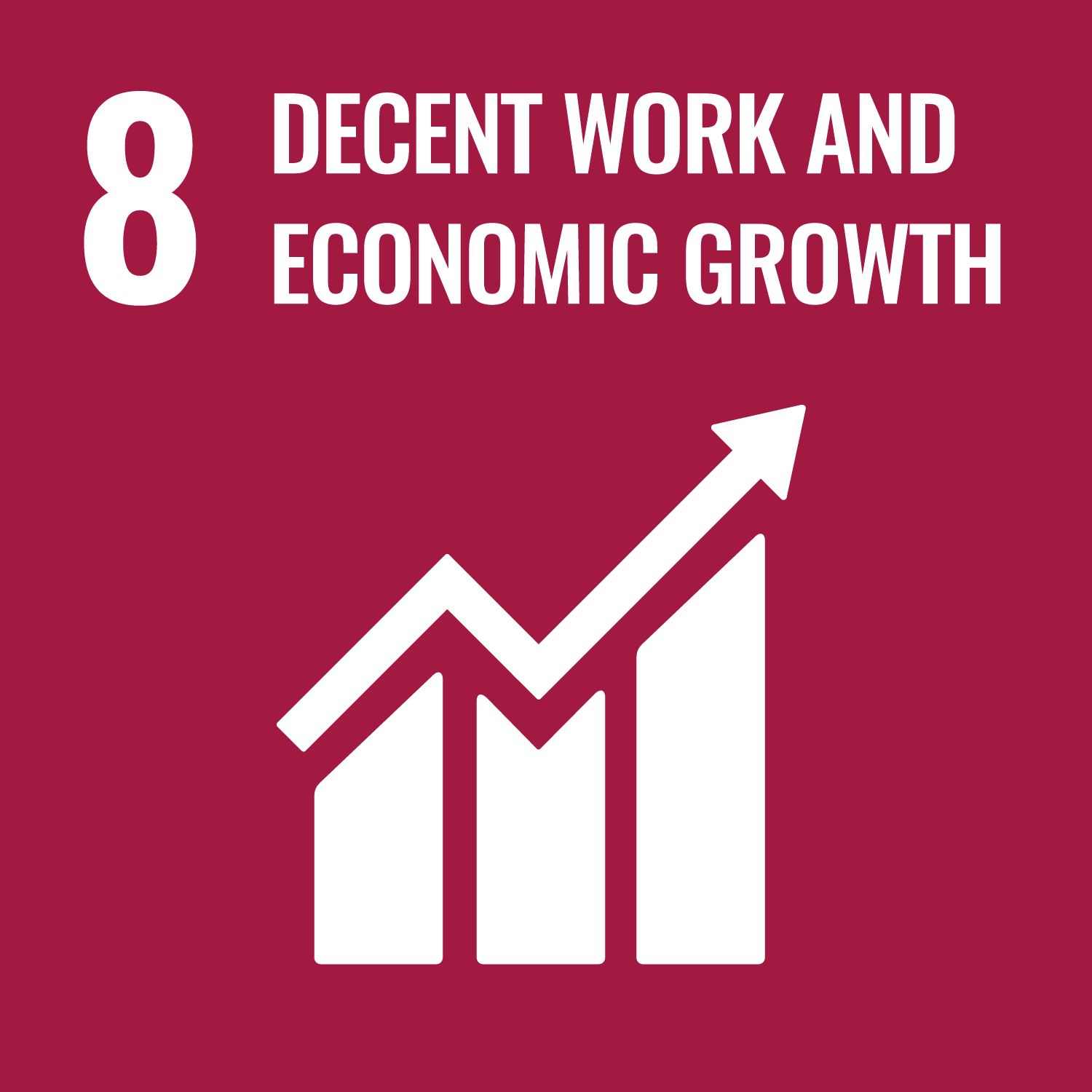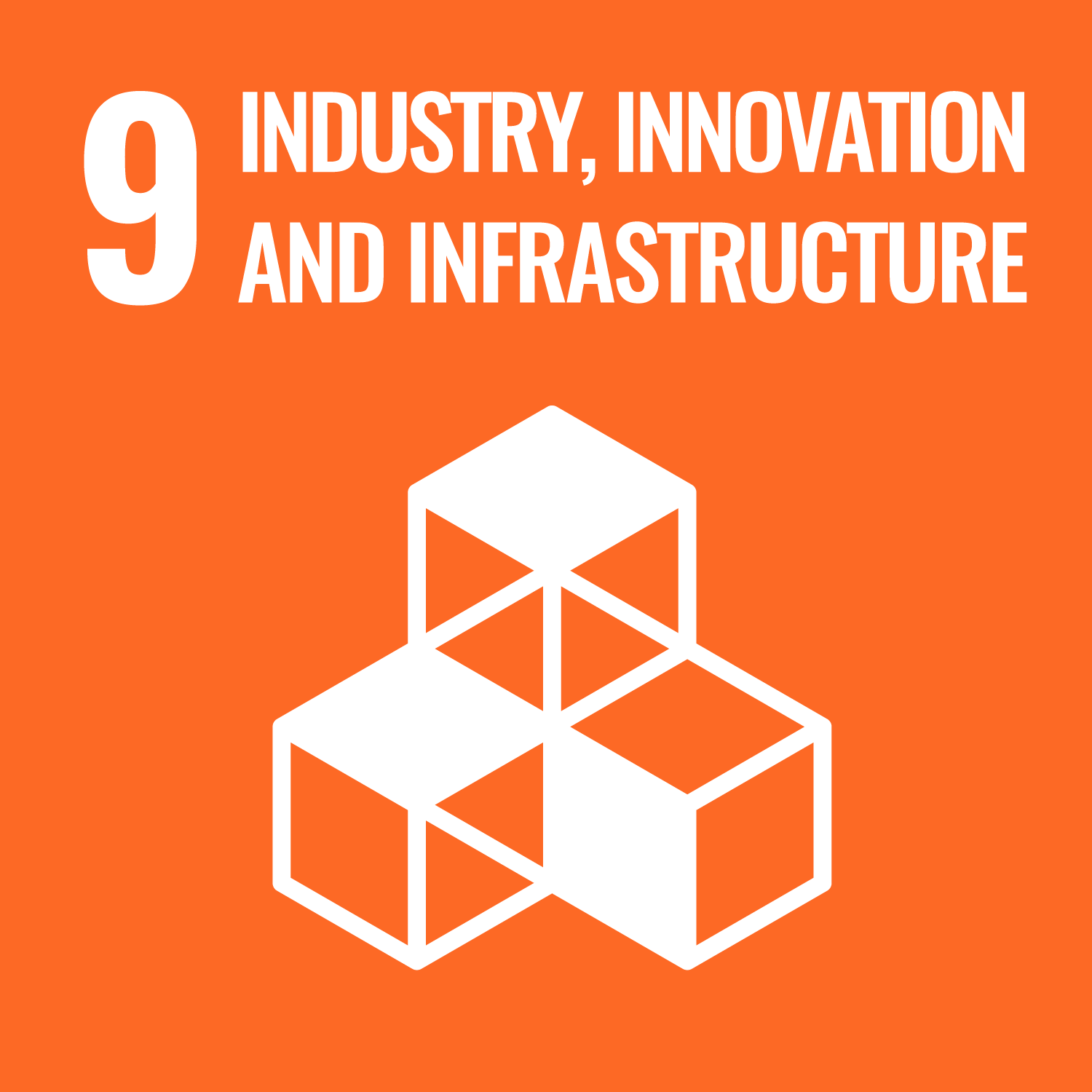Workshop for West and Central African countries builds capacity in forest product statistics

Yokohama, 19 November 2021: An online workshop co-hosted by ITTO and the Food and Agriculture Organization of the United Nations (FAO) has improved understanding of data collection and reporting practices in West and Central Africa and identified needs for technical training in areas such as the use of statistical software, survey design, and data communication.
The workshop was held on 25–29 October 2021 and involved 41 participants from 16 countries. It was part of ITTO’s and FAO’s ongoing efforts to boost capacity for generating reliable statistics on forest products. The production of realistic and consistent forest-related data is one of the primary missions of both organizations.
Forest product statistics are important for implementing sustainable forestry, avoiding resource depletion, understanding trends in the forest industry, making investment decisions, and designing data-driven policies. Data submitted by countries via the Joint Forest Sector Questionnaire (JFSQ) are the foundation of information contained in ITTO and FAO databases and are used globally to analyze developments in forest product production and trade. The data also comprise the backbone of two major statistical publications—the ITTO Biennial Review and Assessment of the World Timber Situation and the FAO Yearbook of Forest Products.
The workshop was organized around two plenary sessions (with simultaneous interpretation in French and English) and three working groups (Central Africa in French, West Africa in French, and West Africa in English). The specific aims were to reinforce the statistical capacity of participating countries, strengthen contacts between ITTO, FAO and country focal points, enhance collaboration with regional organizations, and answer and clarify issues regarding the JFSQ.
The 16 countries represented at the workshop (Benin, Burkina Faso, Cameroon, the Central African Republic, the Congo, Côte d’Ivoire, the Democratic Republic of the Congo, Gabon, the Gambia, Ghana, Mali, Mauritania, Mozambique, the Niger, Senegal and Sierra Leone) are responsible for about 44% of the continent’s tropical industrial roundwood production, 60% of its tropical sawnwood production and 88% of its exports of primary tropical products.
During the two plenary sessions, ITTO and FAO presented on the significance of the JFSQ, the current limitations of data, new FAO modelling of woodfuel production, the issue of legality in forest product statistics, the status of the FAO Global Forest Resources Assessment, the crucial role of transparency in forest data (CBIT-Forest), and the economic importance of non-wood forest products.
The plenary sessions also featured speakers from the Commission des Forêts d’Afrique Centrale, the Center for International Forestry Research, the Central Africa Forest Observatory, the Association Technique Internationale des Bois Tropicaux and the World Resources Institute, who shared their data-collection experiences; highlighted the importance of consistent data to support decision-making in the forest industry; and discussed the need to improve transparency in the forest sector. These topics were selected in response to a planning survey for invited countries in which ITTO and FAO solicited information about data availability and the subjects of most interest to invitees.
During the working groups, eight countries made presentations on their forest resources and available data. These presentations were an excellent opportunity for all countries to gain an overview of the forest sector in Africa and for ITTO and FAO to develop a clearer understanding of the problems encountered and the improvements or clarifications needed.
Several countries have already developed online or digital data-collection systems, but many challenges remain, including the transfer of data from the local to the national level; a lack of automated data entry and processing; and a lack of coordination between sectors. There is room for improvement in harmonizing definitions across ministries within a country, across countries, and between countries and the definitions embedded in the JFSQ, which are based on international classification systems. There is also a need for further technical training in, for example, the use of statistical software, survey design, and data communication.
The connections made and discussions held at the workshop will increase communication within and between countries in the region and support the development of partnerships in the continuous improvement of forest product statistics.
Download workshop presentations
Download the workshop agenda (available in English and French) below.



